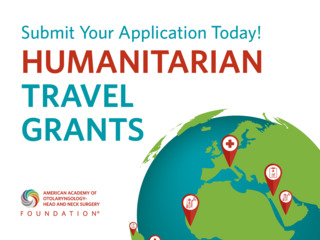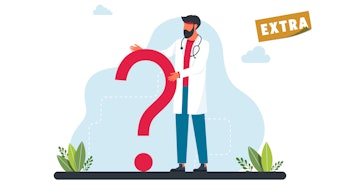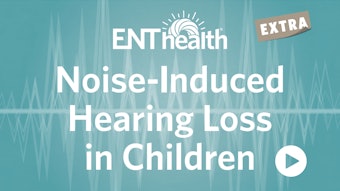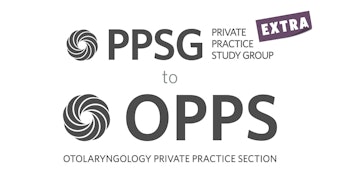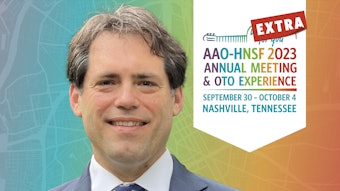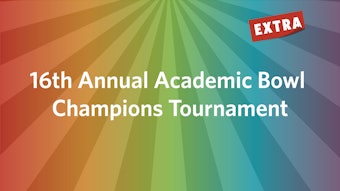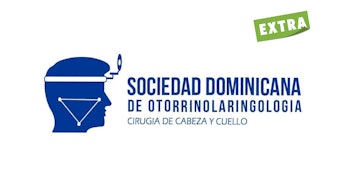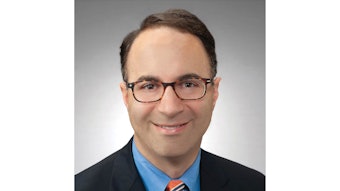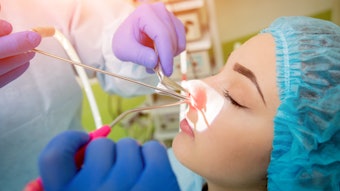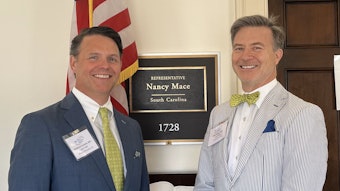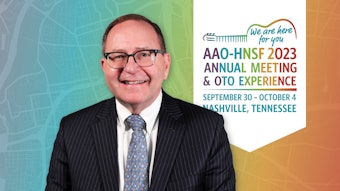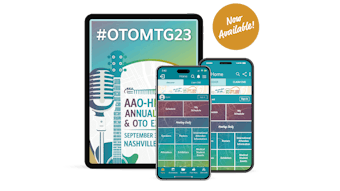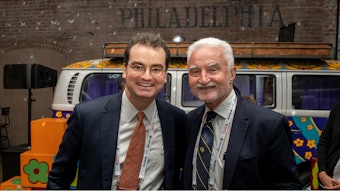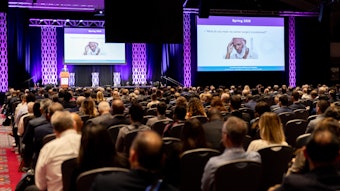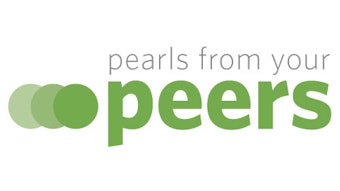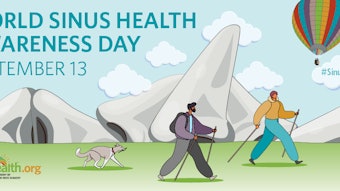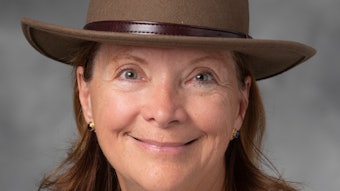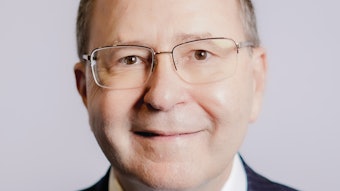AAO-HNSF Humanitarian Travel Grant Report: Kampala, Uganda
Delivery of high quality and equitable healthcare is a complex goal affected by resources, systems, political willpower, and socioeconomic barriers.
Lena W. Asfour, MD
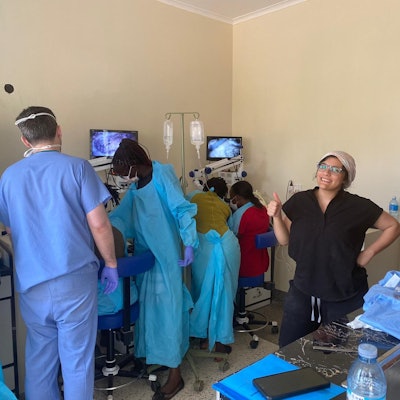
For nearly 20 years, Dr. Roland has been going to Uganda to train the healthcare community in the understanding and management of ear and temporal bone disease, hearing loss, and cranial nerve dysfunction. The focus is on capacity building through advocacy, education, acquisition of the tools of the trade, and community outreach. Our team consisted of a neurotology fellow, two senior faculty neurotologists, and a nurse/practice manager, each with coordinated and specific goals.
The team worked primarily with the otolaryngology residents, faculty, and department chair from Makerere University School of Medicine, Dr. Christopher Ndoleriire. The residency program is three years and is based at the public Mulago Hospital. The residents shared their experience with airway foreign bodies, abscesses, and neck trauma. They also described patients regularly presenting with advanced complications of otitis media and cholesteatoma, not infrequently resulting in death.
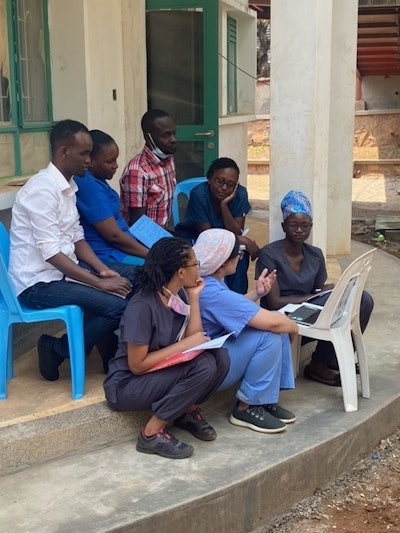
Learning in a temporal bone lab allows trainees to understand anatomy beyond textbook schematics and provides unparalleled preparation for otologic procedures. Mastery of the anatomy is important to perform safe surgery, especially given the absence of facial nerve monitoring in Uganda. By the second day, the third-year residents were already teaching the first-year residents how to drill the mastoid and safely identify important anatomic structures.
Throughout the experience, it was clear that the delivery of high quality and equitable healthcare is a complex goal affected by resources, systems, political willpower, and socioeconomic barriers. Technology transfer is a particular challenge, specifically given how many surgical supplies are used in otology.
However, these challenges can be overcome. Responsible and sustainable work must be based in capacity and systems building. This requires strong community engagement and participation, activism, feedback, perseverance, innovation, recycling, and funding. It requires patience with the setbacks and celebration of the victories, no matter how small. I am exceptionally thankful to Dr. Roland and our team and to the residents and attendings at Makerere University for this formative experience and look forward to replicating this work in the future.
Dr. Asfour was a recipient an AAO-HNSF 2023 Humanitarian Travel Grant that helped to offset her travel costs. To learn more about the grant program, www.entnet.org/humanitarian-travel-grants.
